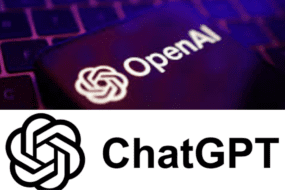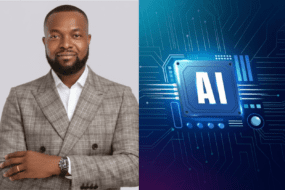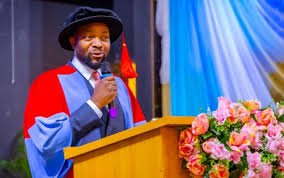Nigeria may be on the brink of a major leap in Artificial Intelligence, and if Microsoft is right, the country might not just join the race—it could lead it. According to Abideen Yusuf, General Manager for Microsoft Nigeria and Ghana, the country is well-positioned to transform from a consumer of AI into a creator, shaping solutions for the global economy.
Yusuf made these comments during a press briefing in Lagos, pointing to the city’s expanding startup ecosystem and growing venture capital scene as evidence of the nation’s readiness. He believes Nigeria’s AI journey is at a tipping point.
“True economic growth will come from making this technology widely accessible across the country,” Yusuf said.
Infrastructure, Ecosystem, and Human Capital
Microsoft sees a two-fold approach to building a resilient AI economy in Nigeria—developing infrastructure and nurturing local talent. For the tech giant, this means more than policy—it means action. Yusuf highlighted the company’s work in establishing Africa’s first datacentres and Edge Nodes in Nigeria, designed to enable faster connectivity and broaden cloud access.
“A strong AI ecosystem requires a solid foundation, starting with infrastructure like power and data centres,” he explained.
The company is betting on long-term investments and public-private collaborations to push AI adoption nationwide. Yusuf stressed that partnerships will be key in helping Nigeria translate its raw data into sophisticated AI models that can drive innovation across multiple sectors.
Youth Population as Nigeria’s AI Advantage
Infrastructure alone won’t power this shift. Nigeria’s real edge, according to Yusuf, lies in its people—particularly its young population. Africa is expected to account for 42% of the global youth population by 2030, positioning the continent as a crucial source of talent for the future of work.
Microsoft praised the Nigerian government’s efforts through initiatives like the 3MTT programme, which aims to create two million digital jobs. The programme is led by the Federal Ministry of Communications, Innovation and Digital Economy, and reflects a growing recognition of the need to bridge the AI skills gap.
Yusuf also spotlighted partnerships with groups like the Wootlab Foundation, which focus on delivering targeted AI training to equip Nigerians with the tools to thrive in the digital era.







One reply on “Microsoft Backs Nigeria’s AI Future to Succeed”
[…] milestone was delivered through Microsoft’s Enterprise Skills Initiative, tied to MTN’s Project Nephos, its cloud-first strategy launched in 2022. The goal is to build […]